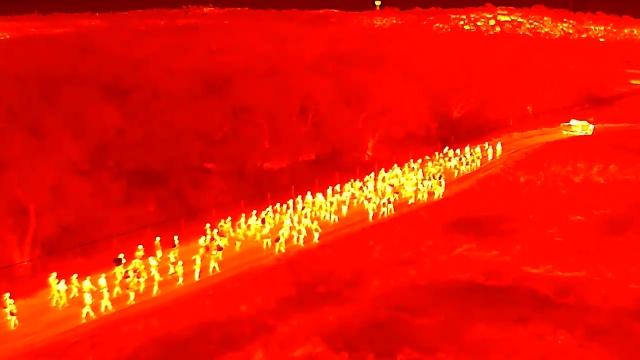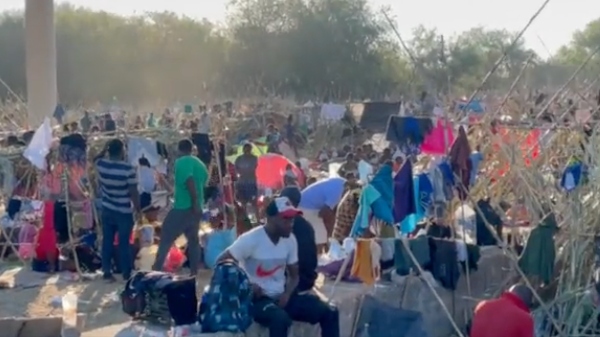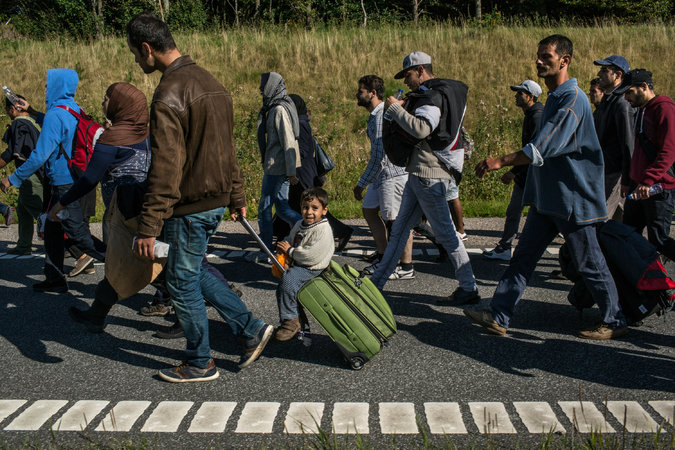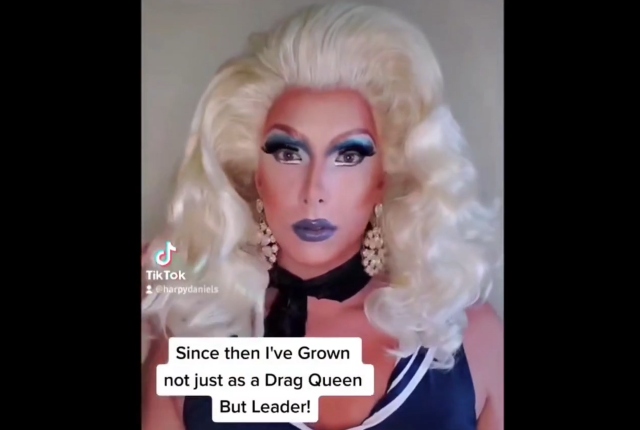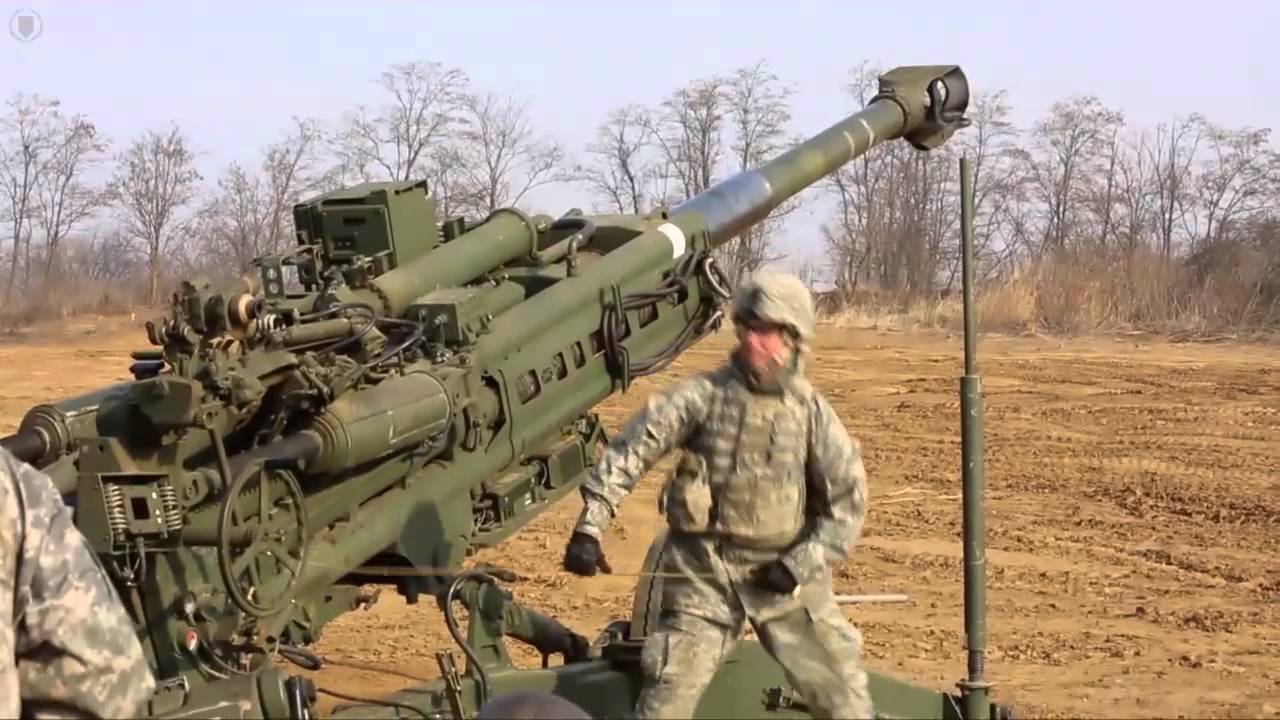
NATO has been one of the most successful military alliances in the history of the modern world, having successfully faced off against the Soviet-led Warsaw Pact that went defunct when the USSR collapsed in 1990.
For some reason, however, the alliance remains intact today though in reality, it is a shell of its Cold War self and truth be told, there is little confidence in many defense circles that should one of its members fall under attack -- say from a well-armed nuclear power like Russia -- that Europe would allow itself to be plunged into war for a third time in a century.
That said, the alliance has endured, with member countries having sent forces to Iraq and Afghanistan to claim token participation, with many having sent small contingents mainly to large bases that were well-protected from the small forces of local Taliban.
And yet, for some reason, the powers that be -- namely the United States -- refuse to let go of this anachronism while still pretending that it is relevant when the alliance's usefulness has long since passed.
This brings us to Ukraine, whose leaders have long sought membership in the alliance as a bulwark against Russian aggression, which has flared again in recent weeks after President Vladimir Putin sent around tens of thousands of troops to Ukraine's eastern border, some say in a move to support anti-Kyiv rebels.
Ukraine has long been in Moscow's sphere of influence, and it could be that Putin is prepared to take the country over or at least a large portion of it to prevent it from becoming a NATO member. And in fact, Putin has drawn that red line, according to The Epoch Times:
Russia’s Foreign Ministry published a document Dec. 17 of demands it’s made to the United States and NATO. Tensions have mounted in recent weeks over Ukraine, where Russian president Vladimir Putin has reportedly amassed more than 100,000 soldiers.
According to the Russian News Agency TASS, Putin’s proposal calls for the United States to “take measures to prevent further eastward expansion of the North Atlantic Treaty Organization (NATO) and deny accession to the Alliance to the former USSR republics.”
In addition, Putin doesn't want the U.S. to build military posts in former Soviet client states that are not currently NATO members and to refrain from using those countries to launch military operations.
In response, Putin offered to hold back from deploying his military and weaponry in areas where it could be perceived as a threat to NATO's security, except when such deployments take place on Russian soil, TASS reported.
But Moscow's proposal has been criticized by a number of security organizations in Washington, D.C., including the Foundation for Defense of Democracies, which noted last week that Putin is simply trying to "revive the Cold War by redrawing the lines of Europe."
“The Biden administration and NATO should reject any negotiations that involve taking away the right of states to choose their own security arrangements,” the national security think tank noted.
In addition to U.S. officials, NATO leaders have also largely rejected Putin's proposal. Earlier this month, White House press secretary Jen Psaki said that U.S. “will not compromise” on having Ukraine join NATO, while U.S. Undersecretary for Political Affairs Victoria Nuland earlier this month called Putin's proposal "unacceptable."
Others, meanwhile, want the Biden regime to meet with Putin at a negotiating table -- though it can't be Biden himself because it's obvious his mind is gone and his family is compromised.
The Epoch Times adds:
Anti-interventionists argue that Russia has much more to lose than the United States when it comes to Ukraine’s admission to NATO, since Russia’s naval base in Sevastopol is a key factor to it being able to maintain status as a global power. Russia has always maintained a red line against Ukraine joining NATO — Russia’s deputy foreign minister reportedly threatened military action earlier this month against NATO if Ukraine is admitted —due in large part to security concerns over this warm-water port.
“The fact is, we lack the interest and will to defend Ukraine and Georgia sufficient to make threats to do so credible,” said Defense Priorities policy director Benjamin Friedman in response to Russia’s proposal.
“Admitting Ukraine and Georgia into NATO would raise questions about whether other NATO commitments are equally unserious and therefore do more to erode existing NATO commitments than meaningfully extend them," he added.
Putin doesn't have the will or the economy to sustain a world war and is only really interested in resurrecting influence over historically Russian spheres. NATO should not have anything to say about that and in fact, NATO countries would not risk nuclear war to stop Putin anyway.
That's what this really boils down to -- NATO's ability to continue as a Euro-centric security alliance.
See more stories like this at WWIII.news.
Sources include:
Please contact us for more information.















